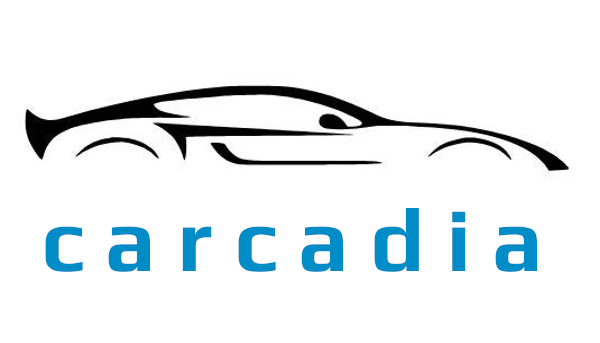
V8 – A Dying Dinosaur ?
How long has the V8 got to live? The fossil fuelled engine that has powered millions of vehicles for over a hundred years will become end of life sometime in the future. Manufacturers that build GT, sports cars and performance saloons are gradually changing the power options to either a turbo charged V6 or an electric or hybrid variant. The push for its demise has come from a mixture of reduced consumer demand, challenge for better economy and the need to embrace greener options.
A new vehicle equipped with a V8 now comes at a premium price and is usually the top of the range in the model line-up. With it, unfortunately comes pricier insurance and band Z road tax. Maybe no-one wants to buy a GT with a V8 heart anymore. One factor could be due to the price of the GT’s still being produced, some now retail at over £100k.
If you have a budget for a new supercar or hypercar, then that’s what the manufacturers really want to sell you – the margins are greater and they need this income to stay in the game. These genres are now being delivered with electric powerplants or hybrid drivetrains.
The second-hand market of fossil fuelled V8 chariots have become affordable and if you can endure others frowning at you when planet Earth is mentioned, driving an older V8 to the office puts a smile on your face they just would not understand. How many supercar or hypercar owners can do this so regularly ?



Some V8 models get replaced with more expensive models, such as the Ferrari California with its more expensive successors, initially the Portofino, now the Roma which starts at a base price of £175k. A known gentleman to me owned two Ferrari California’s but he is now priced out of the market for a second-hand Portofino model from the Ferrari stable due to its higher original price. Another ex V8 owner statistic!
If manufacturers fit a V8 engine to more expensive models going forward, there will be less units sold. The knock on effect will be less V8’s moving to the second-hand market in the years to come. Older V8’s are enjoyed by many car enthusiasts – you cannot help loving the burble and ambient notes emitting from their tailpipes. However, older V8 vehicles now have a line of hurdles such as the diminishing availability of the higher octane E5 (super unleaded) that most old performance cars drink. The government created tier model for the road tax system is generally unfriendly to older V8 models. These cars normally end up in the M tax band which as of the first of April this year (2024) is £695 per annum. There is also the green question, the intake of breath and frowning from eco aware persons. Many of the modern V8 vehicles have more friendly emission levels than that of many older cars on the road, both petrol and diesel, but there is the question of large engine fuel consumption.
Are the vehicles or are we the dinosaurs? The writing appears to be on the wall and there is finite time left to enjoy these on the road. What happens to the vehicles of value that are rarely driven or are in storage most of their lives? Will some end up as future barn finds, or be lucky enough to go into museums, or be scrapped and consigned to the motoring history books? We know that alternative fuels are the way forward to preserve our planet – hybrids, electric, hydrogen and maybe yet to be discovered eco friendly fuels, but will the fun element disappear forever like the dinosaurs did ? ©



